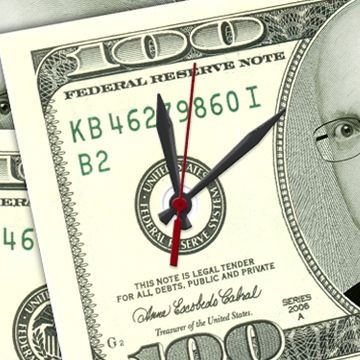The Lawyer's Lawyer
Kill Billables?
Q. In charging clients by the hour, aren't we rewarded for inefficiency and penalized for expeditious resolutions? Is there a more ethical way to bill our clients for legal services?
A. Though there is nothing unethical about charging for the time you actually spend on a case, the billable hour can strain our attorney-client relationships with every tick of the clock. By breaking our lives into six minute increments, we have created a system that turns inefficiency into profit, and penalizes those who strive to expedite the resolution of cases or do anything to streamline their work. This has led to an erosion of trust in our profession that may tarnish even the most favorable results.
The Rules of Professional Conduct offer little guidance. Other than telling us that an "attorney shall not make an agreement for, charge, or collect an unreasonable fee," the rules don't require us to devise fee arrangements that bring the interests of attorney and client into better alignment.
Maybe we should stop the clock and take the time to consider some alternatives to the billable hour.
In the following article, we consider the pros and cons of various billing methods, as well as "alternative billing arrangements." "AFAs," as they have come to be known, take a wide variety of shapes and have been increasingly discussed in the insurance industry, where the ability to reduce and to control litigation expense has been a hot button issue for years. Although AFAs now have a familiar acronym, they haven't been widely adopted in a profession that is slow to change.
Have you experimented with other ways to charge for the services you render to your clients? If so, please share your experience in the comments below so that we may all benefit from practical ideas to improve our billing methods.
